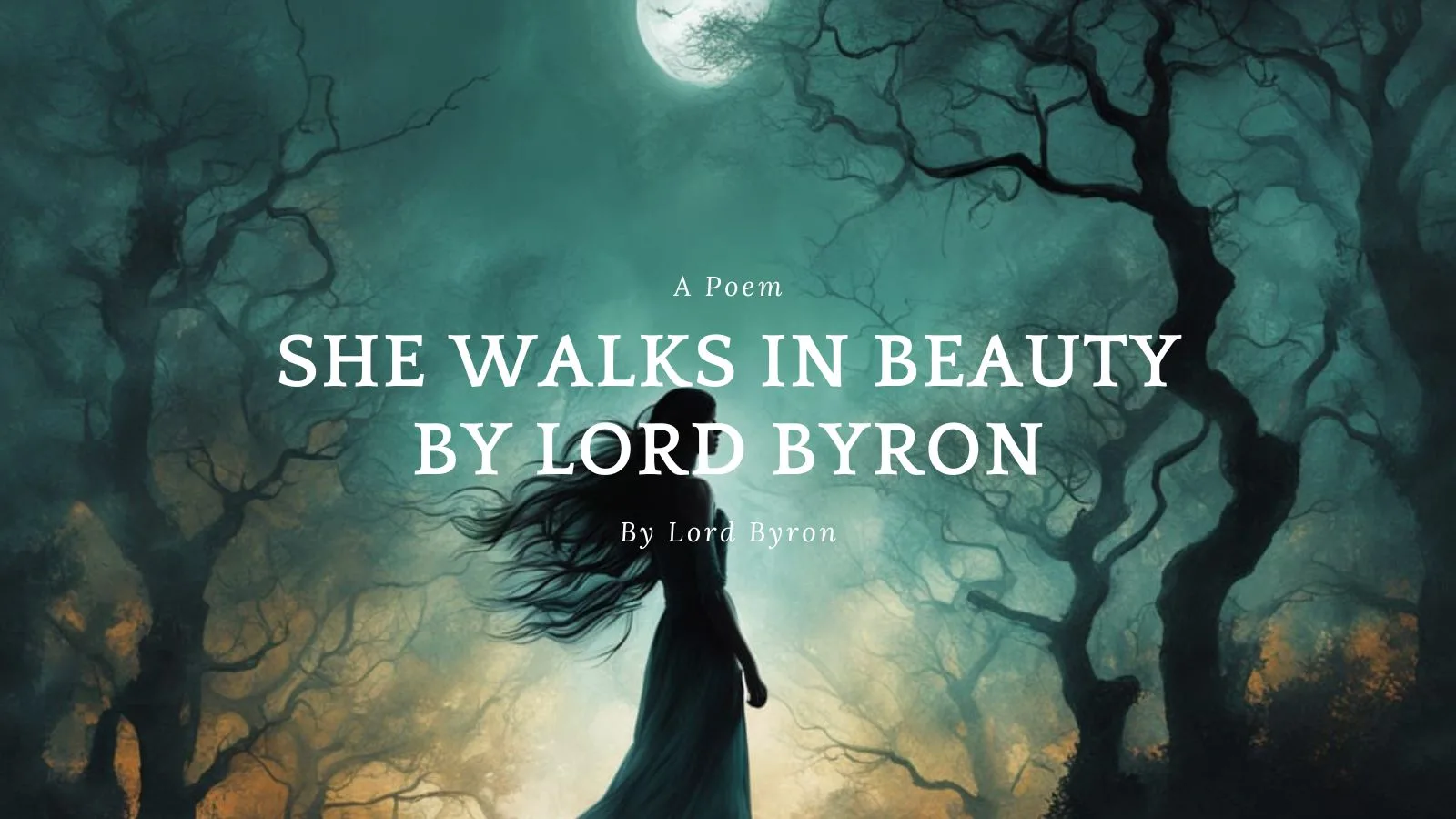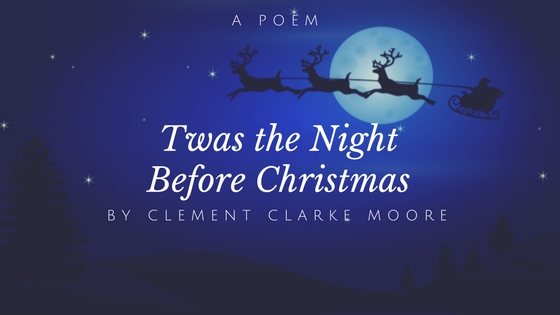Lord Byron (George Gordon Byron, 1788-1824) was one of the leading figures of British Romanticism and a poet whose life was almost as dramatic as his works.
1700s
We’ll Go No More A-Roving–Lord Byron
George Gordon Byron, 6th Baron Byron was born in 1788 and died in 1824. He was an English poet who helped lead the Romanticism movement.
Twas the Night Before Christmas by Clement Clarke Moore
A Visit From St. Nicholas by Clement Clarke Moore Twas the night before Christmas, when all through the house Not a creature was stirring, not even a mouse; The stockings were hung by the chimney with care, In hopes that St. Nicholas soon would be there; The children were nestled all snug in their beds,…
To S. M. a young African Painter, on seeing his Works by Phillis Wheatley
To S. M. a young African Painter, on seeing his Works by Phillis Wheatley TO show the lab’ring bosom’s deep intent, And thought in living characters to paint, When first thy pencil did those beauties give, And breathing figures learnt from thee to live, How did those prospects give my soul delight, A new creation…
A Dream by Matthew Aronold
A Dream by Matthew Aronold Was it a dream? We sail’d, I thought we sail’d, Martin and I, down the green Alpine stream, Border’d, each bank, with pines; the morning sun, On the wet umbrage of their glossy tops, 5On the red pinings of their forest-floor, Drew a warm scent abroad; behind the pines The…
On Imagination by Phillis Wheatley
On Imagination by Phillis Wheatley Thy various works, imperial queen, we see, How bright their forms! how deck’d with pomp by thee! Thy wond’rous acts in beauteous order stand, And all attest how potent is thine hand. From Helicon’s refulgent heights attend, Ye sacred choir, and my attempts befriend: To tell her glories with a…
THE LAMB by William Blake
? ?THE LAMB by William Blake ???? Little Lamb, who made thee ???? Dost thou know who made thee, ?? Gave thee life, and bid thee feed ?? By the stream and o’er the mead; ?? Gave thee clothing of delight, ?? Softest clothing, woolly, bright; ?? Gave thee such a tender voice, ?? Making…
Christmas in the Olden Time by Walter Scott
Christmas in the Olden Time by Walter Scott On Christmas-eve the bells were rung; The damsel donned her kirtle sheen; The hall was dressed with holly green; Forth to the wood did merry men go, To gather in the mistletoe. Thus opened wide the baron’s hall To vassal, tenant, serf and all; Power laid…
A Christmas Carol by Christina G. Rossetti
A Christmas Carol by Christina G. Rossetti In the bleak mid-winter Frosty wind made moan, Earth stood hard as iron, Water like a stone; Snow had fallen, snow on snow, Snow on snow, In the bleak mid-winter Long ago. Our God, Heaven cannot hold him Nor earth sustain; Heaven and earth shall flee away, When…
Ode to a Nightingale by John Keats
? Ode to a Nightingale ?by John Keats 1. My heart aches, and a drowsy numbness pains My sense, as though of hemlock I had drunk, Or emptied some dull opiate to the drains One minute past, and Lethe-wards had sunk: ‘Tis not through envy of thy happy lot, But being too happy in thine…

